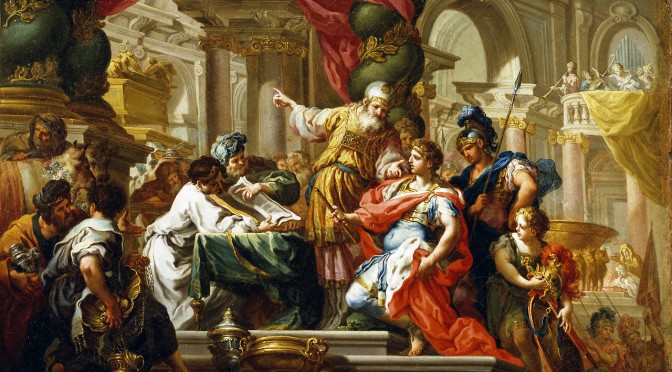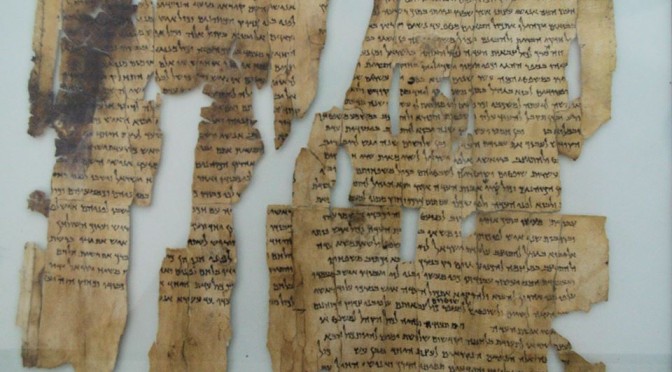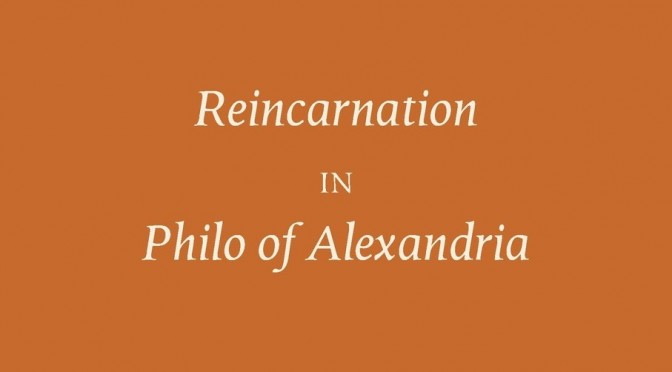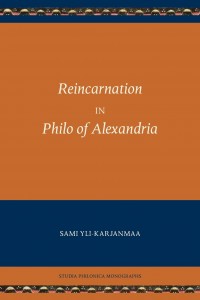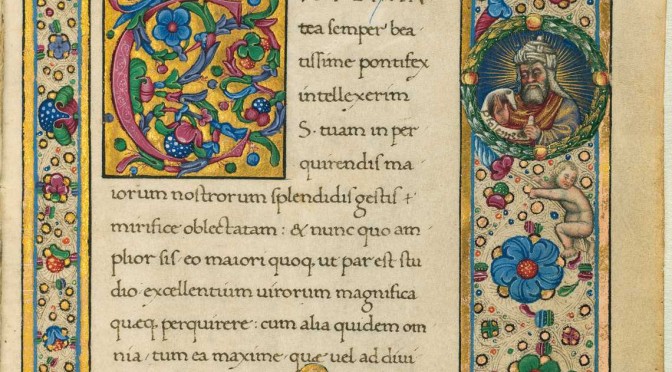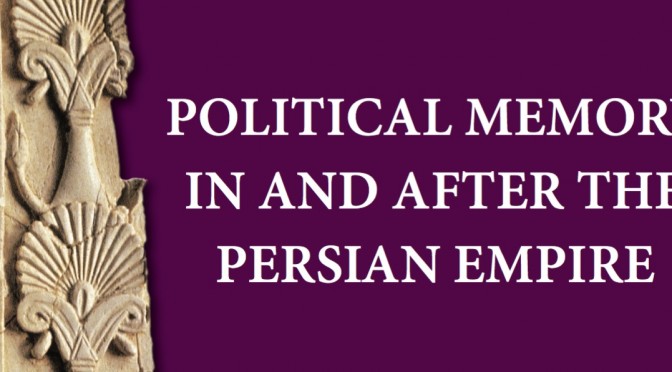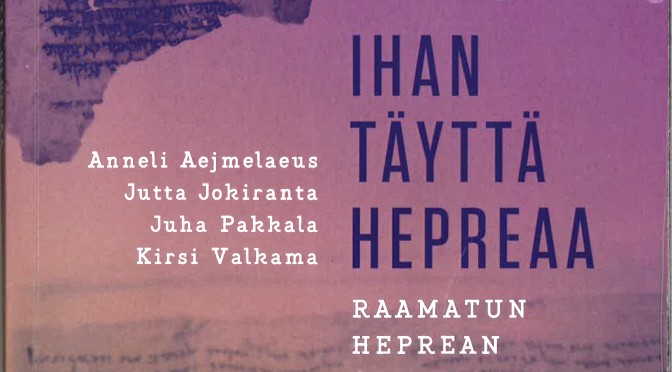A workshop at the University of Helsinki, 3-4 December, 2016
Keynote speakers:
> Prof. Katell Berthelot (CNRS, France)
> Prof. Joan Taylor (King’s College London, UK)
The goal of the workshop is to contribute to the discussion what was Hellenistic Judaism. The presentations of the meeting will contextualize Jewish texts dealing with kingship and power taking into account that Judaism and Hellenism are not two separate entities; rather, Jewish texts were written within their various Hellenistic contexts. The plural “Hellenistic contexts” highlights the numerous forms that Judaism took in the late second temple period.
More information to follow about the call for papers during the summer 2016.
The workshop is organized by the Academy of Finland Centre of Excellence “Changes in Sacred Texts and Traditions” (cstt.fi)

